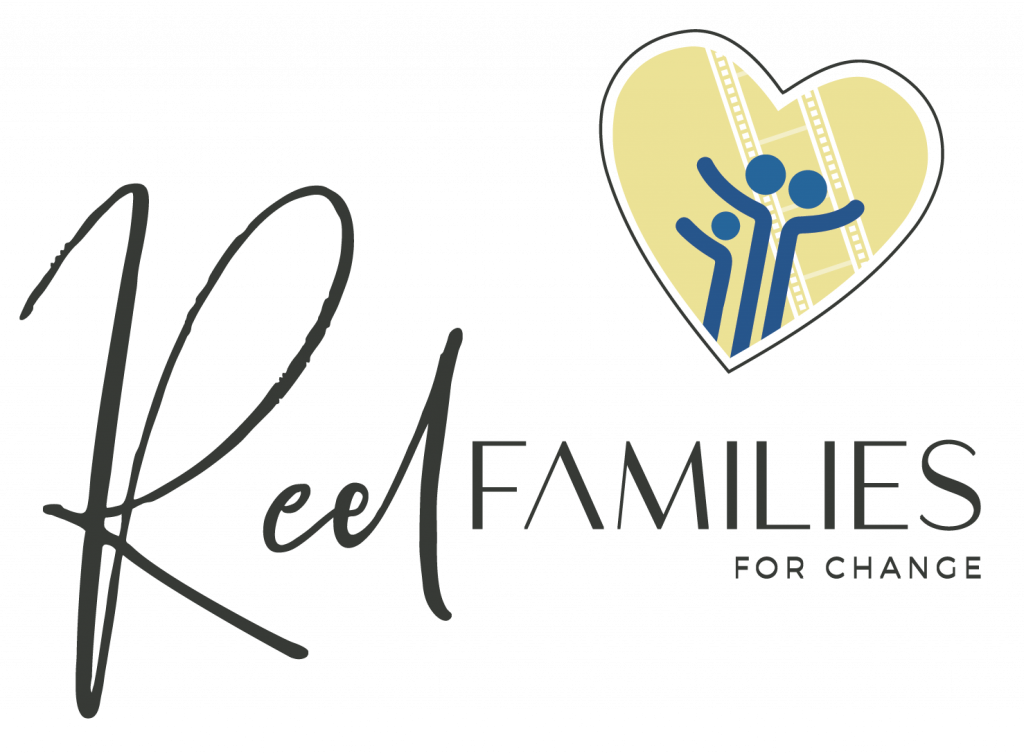EMPOWERING SCREENWORKERS
Collective Bargaining and Collective Ambition
Written by Akima A. Brown and Sarah Lutot
The screen industry is a dynamic and ever-evolving landscape that brings captivating stories and entertainment to audiences worldwide. Behind the scenes, however, lies a complex network of workers who face various challenges in their pursuit of fair treatment, workplace protections, and work-life integration.
Here, at Reel Families for Change (RFC), we recognize the need for comprehensive support and remain dedicated to fostering a culture of care within the industry. From union organizing to intra-network accountability measures, grassroots movements for positive change have taken many forms in the screen industry over the years.
Recently, however, there has been a noticeable rise in the cautiousness of various change-seeking bodies when navigating relationships with corporate entities. This caution likely stems from a desire to maintain stability and preserve industry relationships. In an industry built on referrals and collaboration, such considerations are vital to one’s success.
There are though those who believe that these cautions sometimes cause those seeking improvement to retract before achieving their goals. Organizations like ours, and unions like the Writers Guild of America (WGA) and Screen Actors Guild-American Federation of Television and Radio Artists (SAG-AFTRA), however, believe that corporations’ profitability should never supersede its accountability to the workers who make those gains possible.

As Maureen Ryan noted in her groundbreaking work, >Burn It Down: Power, Complicity, and a Call for Change in Hollywood, “the Writers Guild has often been in the vanguard of the labor movement in Hollywood.” Even now, the WGA and SAG-AFTRA continue to confront the challenges and complexities of the industry, advocating for substantial changes that benefit all screenworkers.
Since May 2, 2023 the WGA has been on a strike from all activities related to their contract with the Alliance of Motion Picture and Television Producers (AMPTP) after negotiations for contract renewal went south. As of the time of this writing, SAG-AFTRA is in negotiations for their contract renewal and have voted to authorize a strike if an agreement cannot be reached by June 30, 2023 when their current contract expires.
Such activities, while a formidable means of effecting change, are not without adverse effects. Many strikers undergo exceptional hardship – mentally, emotionally, and financially – as there is often no guarantee of or timeline for success when they begin. Furthermore, non-union workers affected by long-term strikes don’t have the benefit of strike funds and union benefits to carry them through this time.

At RFC, we strive for cross-functional support measures that help meet immediate needs of the screenworker community in times like this (see our Family Care Grant )while also engaging in systemic reform efforts aimed at preemptively averting such instances (see our Harm Reduction Training Programs).
Over time, this multi-faceted approach has proven effective for educating stakeholders in the industry and beyond about proper workplace classification, work-life integration, and employer-supported care.
This has helped us to strengthen relationships with stakeholders; offering them to integrate more unconventional but highly effective solutions like including vendor equity agreements in their contracts and even advocating for legislative intervention.
When working with us, our clients learn how to effectively design and implement lateral and inverted leadership models that foster safe spaces for their “least powerful” and most vulnerable workers to share ideas and contribute to solutions-building. By raising awareness and simultaneously challenging existing perceptions, we aim to create a culture that understands the vital role of care in the success and well-being of screenworkers.
Achieving work-life equity in the screen industry is a multifaceted endeavor. From our sustainable production training and executive coaching programs to our subgrants and initiatives to close workplace achievement gaps for BIPOC creatives, we strive to prioritize the well-being of screenworkers and supporting caregivers.
Our ability to achieve workplace justice and secure the industry-wide adoption of sustainable production practices means actualizing a future where the screen industry values and supports individuals, both personally and professionally.
The screen industry has the power to entertain and inspire audiences worldwide, but it also bears the responsibility to create an equitable and inclusive work environment. With organizations like ours leading the way, we believe that work-life integration for screenworkers is imminent.
Want to help bring the well-being of screenworkers is within reach?
Get in touch today! We’d love to learn what you’re up to and find ways to support.
From consultations, coaching, and commissioned research to training, production planning, and public speaking – we’ve got you covered.





